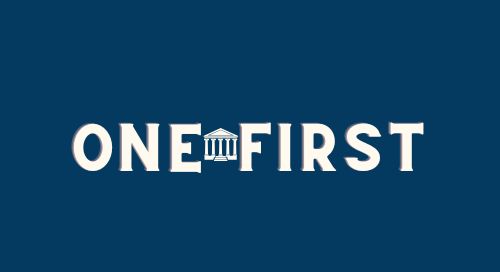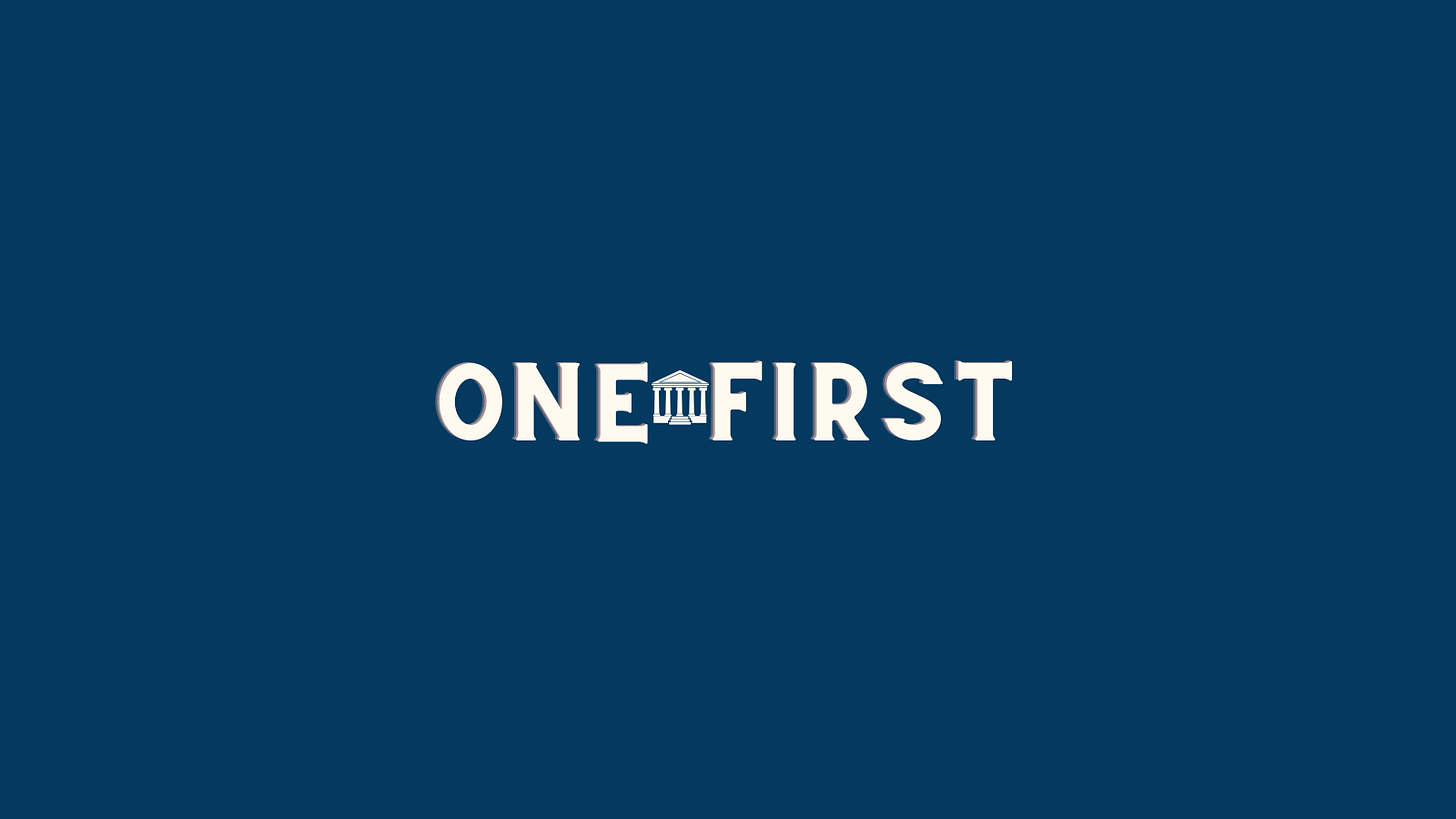Bonus 108: "One First" Turns Two
To celebrate the newsletter's second anniversary, a brief reflection on why we started it; a preview of some coming attractions; and some thoughts on the ongoing debate over "judicial independence"
Welcome back to “One First,” a weekly newsletter that aims to make the U.S. Supreme Court more accessible to all of us. Although Monday’s regular newsletter will remain free for as long as I’m able to do this, much of the bonus content is behind a paywall as an added incentive for those who are willing and able to support the work that goes into putting this newsletter together every week. I’m grateful to those of you who are already paid subscribers, and hope that those of you who aren’t will consider a paid subscription if and when your circumstances permit:
This week marks the second anniversary of the launch of this newsletter. As Karen and I wrote back on November 11, 2022, our goal was “to make the Court more accessible to more of us—to summarize Court-related news; to flag big (and smaller but no less important) decisions; to give non-lawyers a better understanding of how the Court actually operates as an institution (what is a “writ of certiorari,” anyway?); and to tell some of the strange-but-true stories that have come to define the Court across its 232-year history.” Much like my book on the “shadow docket,” the animating idea was to provide broader context and deeper understandings of the Court for those trying to understand how nine unelected judges have come to play such an outsized role in so many of our contemporary public policy debates.
Two years in, I fear that this enterprise has become far more important than it was when we started it. It looks increasingly likely, as I wrote in last week’s bonus issue, that we’re heading not only for a Republican trifecta come January 2025, but that many of the political constraints that kept President Trump at least somewhat in check during his first term will be less effective or altogether absent during his second—such that there will be a lot more pressure on the courts in general, and the Supreme Court, in particular, to push back against the government’s (seemingly inevitable) excesses.
That pushback will come, if at all, not just in high-profile merits rulings, but in the kinds of smaller, subtler moves that tend not to get as much media attention—whether in rulings on emergency applications; in strategic denials of certiorari; or in other formal and informal institution-moderating behavior. We may not all agree on how much the courts are going to push back, or how effective they will be if and when they do so, or even whether they’re pushing back in the “right” cases. But whether in blessing Trump’s conduct or rebuking it, what can’t be gainsaid is that the role of the courts in the next four years is likely to be only that much more important than it has been during the previous four.
To that end, I hope you’ll continue following the newsletter—and, if your circumstances permit, consider signing up for/renewing a paid subscription. (You can also give a gift subscription to those in your life who could stand to learn more about the Court.) The Monday newsletter will remain free for as long as I’m able to do this, but Thursday’s issues will usually be at least largely behind a paywall—an added bonus/incentive to make it easier for me to keep this operation running.
To that end, I thought I’d use today’s bonus content to offer some thoughts in advance of a panel on which I’m speaking this afternoon at 3:30 ET at the Federalist Society’s National Lawyers Convention. The panel title is “The Continued Independence of the Judiciary.” In addition to Fifth Circuit Judge Jim Ho (who is moderating), the panel features Wash U. law professor Dan Epps; Fifth Circuit Judge Edith Jones; Paul Weiss partner and veteran Supreme Court advocate Kannon Shanmugam; and me. (Yes, there will be a livestream.)
And just to preview what I’m planning to say this afternoon, I think there are two troubling moves currently underway in discourse about judicial independence: The first is to frame efforts to create more judicial accountability as being necessarily in tension with judicial independence; and the second is to criticize those calling for such accountability for de-legitimizing (or, at least, attempting to de-legitimize) the courts. Not only do I think both of these viewpoints are profoundly mistaken, but if followed to their logical conclusions, they would necessarily lead to the view that, in warding against tyrannies of the majority, the Founders instead subjected us to a tyranny of unelected judges. One can believe, as I do, in a robust and critically important judicial power under the federal Constitution without believing in that kind of unaccountable juristocracy.
For those who are not paid subscribers, the next free installment of the newsletter will drop on Monday morning. For those who are, please read on.
Keep reading with a 7-day free trial
Subscribe to One First to keep reading this post and get 7 days of free access to the full post archives.




